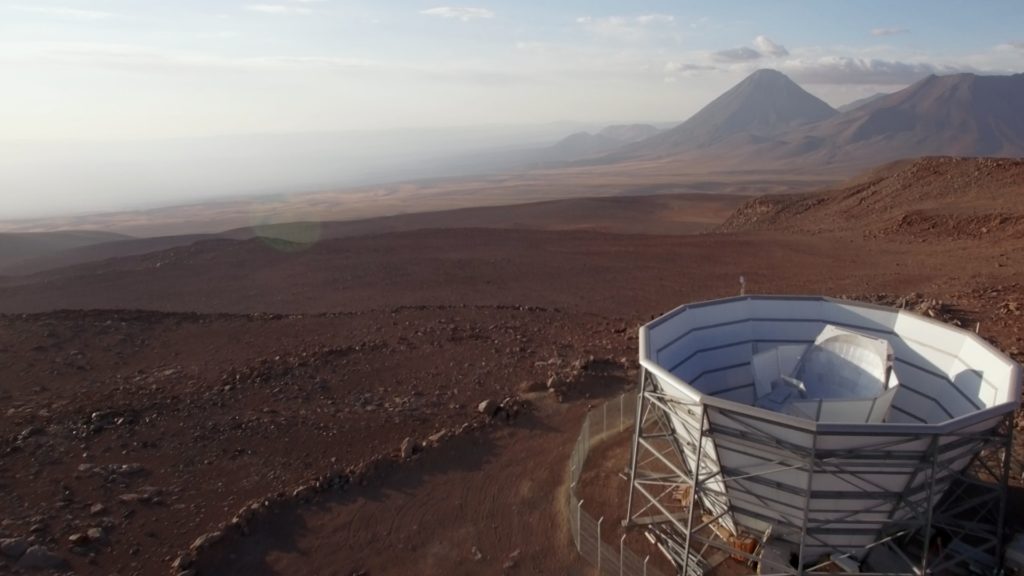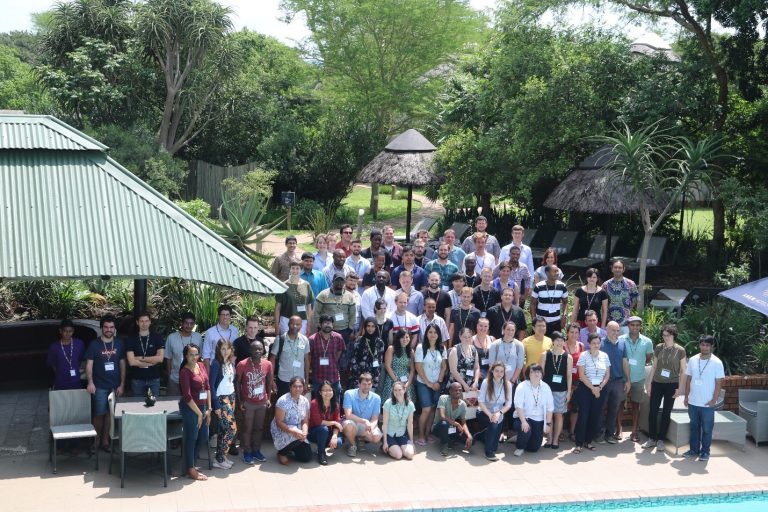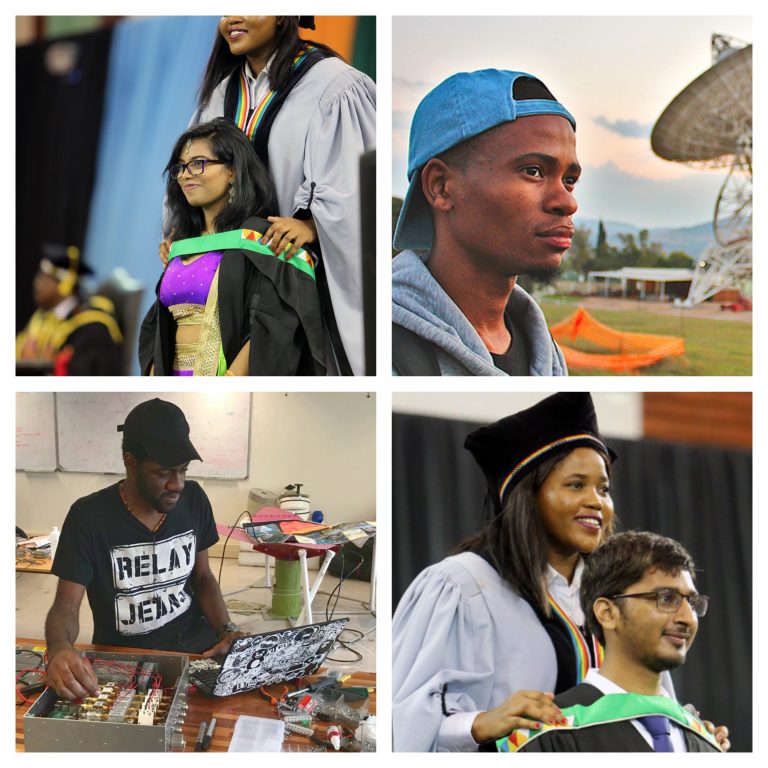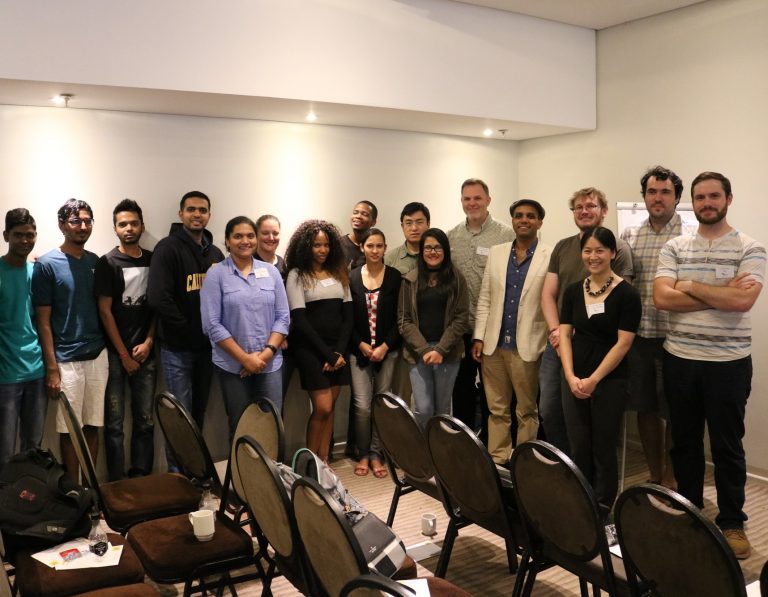From a mountain high in Chile’s Atacama Desert, astronomers with the United States’ National Science Foundation’s Atacama Cosmology Telescope (ACT) have taken a fresh look at the oldest light in the universe.


From a mountain high in Chile’s Atacama Desert, astronomers with the United States’ National Science Foundation’s Atacama Cosmology Telescope (ACT) have taken a fresh look at the oldest light in the universe.
The Hydrogen and Real time Analysis eXperiment (HIRAX) project led by UKZN is achieving milestones on its journey towards the ultimate installation of a dish array at its site in the Karoo by deploying and testing two prototype telescope dish designs at the South African Radio Astronomy Observatory (SARAO) in Hartebeesthoek, Gauteng.
Our very own Prof Rituparno Goswami has been featured in the University of KwaZulu-Natal‘s online newsletter UKZN Ndaba Online for his paper concluding that tidal forces are essentially low-frequency gravitational waves.

Ms Chevarra Hansraj, a PhD candidate in the School of Mathematics, Statistics and Computer Science’s (SMSCS) Astrophysics Research Centre (ARC), is featured in a video by the Centre of Excellence for Mathematical and Statistical Sciences (CoE-MaSS) where she speaks about her research and the appeal of pursuing studies in applied mathematics.

Dr Yogandree Ramsamy from the College of Health Sciences and Ms Sinenhlanhla Sikhosana from the College of Agriculture, Engineering and Science are among seven women who have received research grants from the L’Oréal-UNESCO For Women in Science South African National Programme in recognition of the quality of their research.

Ms Lisa Dayaram, an Honours student in Computer Science on the Westville campus spent a study week at the Swiss Federal Institute of Technology (ETH Zurich) in June. The visit was funded by the Swiss-South Africa bilateral agreement.

With the launch of the Big Data for Science and Society (BDSS) project, UKZN’s Big Data and Informatics’ Research Flagship plans to transform research by creating scientific and socio-economic impacts.

Combining a safari with a group of leading astrophysicists does not happen often but UKZN’s Astrophysics and Cosmology Research Unit did just that when they held another instalment of their extremely popular Cosmology on Safari conference.

Our 2019 graduation was held this week. It was a happy occasion and the culmination of many hours of work. Below are links to articles about some of our students who graduated this year.

A bumper cohort of students, postdoctoral researchers and staff from UKZN’s Astrophysics and Cosmology Research Unit (ACRU) recently returned from Cape Town where they participated in the Square Kilometre Array (SKA) Postgraduate conference.